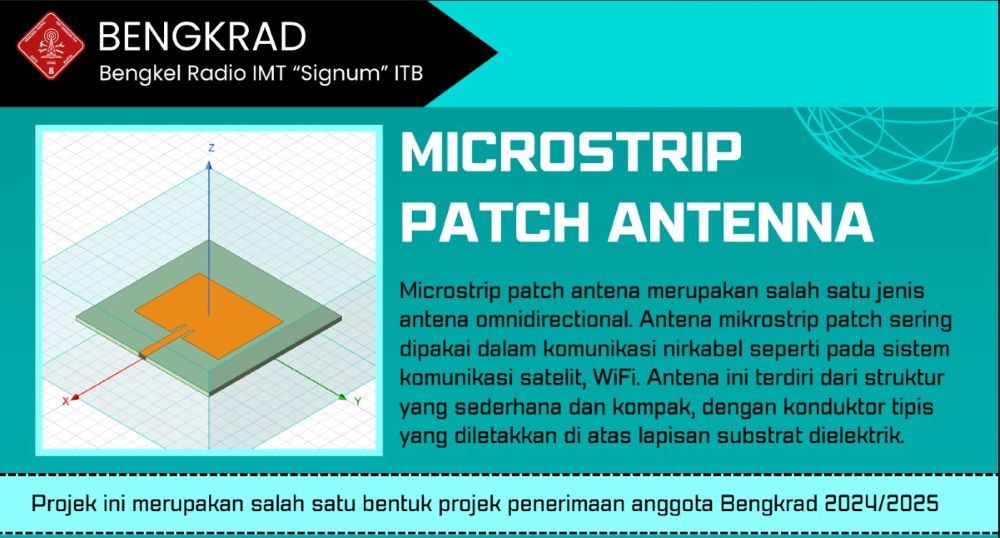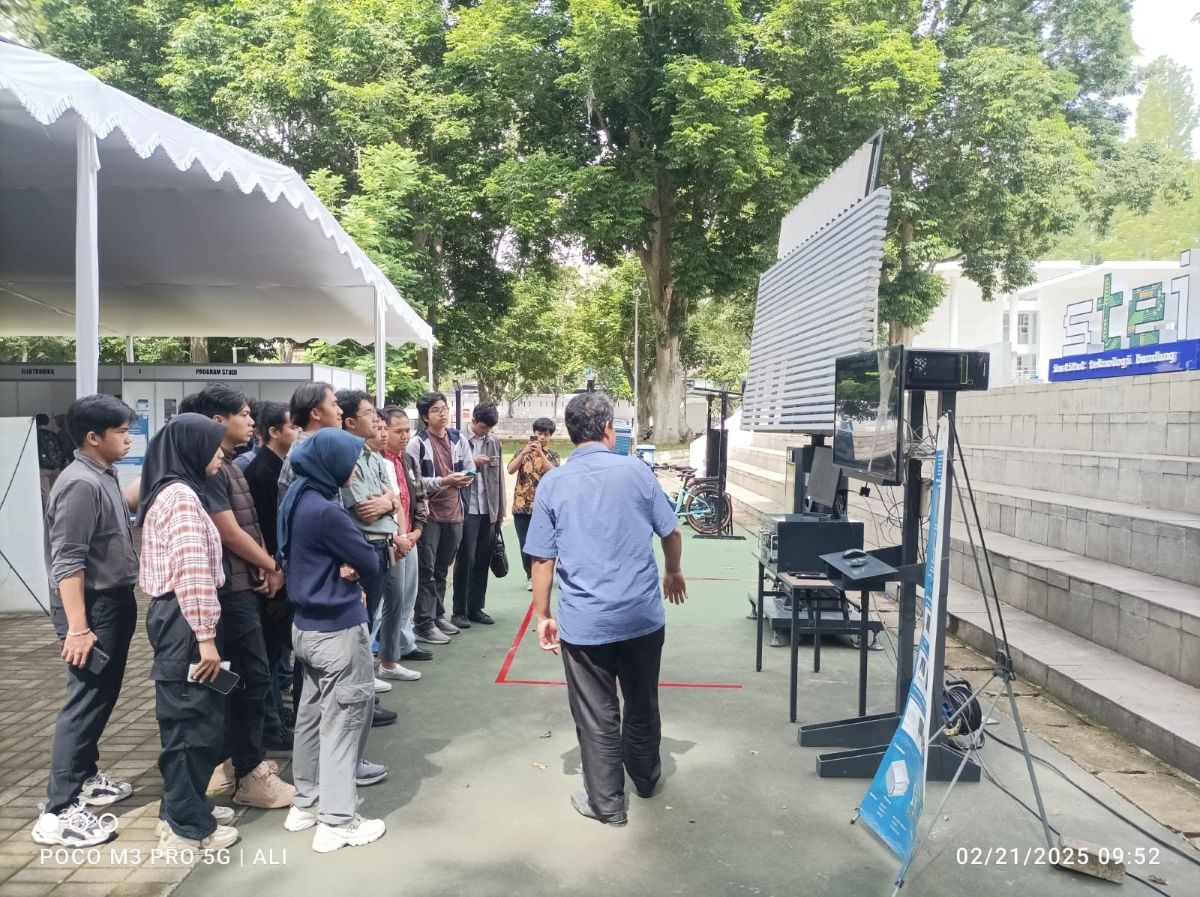ITB Telecommunications Engineering Professors and Students Supported Cicaheum Bandung Ward Community Empowerment
By Adi Permana
Editor Adi Permana
BANDUNG, itb.ac.id — In the era of Information and Communications Technology (ICT) development, almost every layer of society can access and use it. If utilized well, ICT will create positive impact towards educational sector empowerment and urban, even rural, regional economy. Unfortunately, many lower socio-economic groups have not grasped these benefits optimally.
Prof. Ir. Adit Kurniawan, M.Eng., Ph.D., from Telecommunications Engineering Research Group, School of Electrical Engineering and Informatics (SEEI) ITB, explained this aptitude inequality was factored by poverty, illiteracy, lack of capability to use devices, as well as language barrier.
“Specifically, they don’t have the ability to exploit the potential of this new ICT,” he explained. On the other hand, the background and socio-cultural condition of these groups became a brand new challenge. Oftentimes, their utilization of ICT has broad interpretation — which also tends to be misleading.
According to the World Bank, lower-middle class people must receive further scrutiny as information users, through delivering relevant and easy-to-understand trainings. ICT interventions can be directed towards economic empowerment through making use of technological potentials, such as cooperation networks in Indonesia, which will play a much bigger role when supported by adequate ICT access.
In line with said goal, ITB’s community service team of two Telecommunications Engineering students and a professor, executed this community service program revolving around education in information technology and social media utilization. Hopefully, the local community will receive continuous guidance along with the rapid ICT development dynamics.
“Some indicators of this service program are quality-of-life improvement, information management intelligence, as well as lower class community’s reputation and appreciation towards higher institution, especially ITB,” continued Prof. Adit.
The chosen development area was Hamlet 07, Cicaheum Urban Village, Kiaracondong Subdistrict, Bandung City. They were provided mentoring, training, and lectures regarding the usage of ICT as well as modules containing marketplace-use guides as an online product marketing channel. This development activity is a very meaningful contribution to the Cicaheum Subdistrict community in revitalizing their socioeconomic condition, mainly those impacted detrimentally by the Covid-19 pandemic.
Generally, community service activities were partaken by participants domiciled around Al-Hidayah Mosque as the site for offline trainings. Their daily activities consisted of vendor selling household products using small tables or carts. The use of online technology through various application will hopefully increase sales turnover rate and expand market range, thus the improvement of prosperity in these communities.
The activity started with a discussion in the Al-Hidayah Mosque Whatsapp group, which concluded with the needs of locals to receive marketplace training. After recording the amount of voluntary participants, a coordination meeting with the mosque management staff was held to integrate the ideas with the mosque’s internal programs. Training finally began every Friday evening for the duration of 6 weeks. The program’s continuity was then monitored and communicated through community groups and source persons.
Training participants admitted their gratitude towards the organizers, who have taught them the bit-by-bits of smartphone application use for online product marketing. Through this contribution in resolving the ICT access issue, the locals gradually rose from the depths with the support of ITB’s community service team.

*This article was published by Media Indonesia’s Rekacipta ITB rubric, the full article can be read on the site https://pengabdian.lppm.itb.ac.id
Reporter: Sekar Dianwidi Bisowarno (Bioengineering, 2019)
Translator: Firzana Aisya (Bioengineering, 2021)

.jpg)
.jpg)
.jpg)
.jpg)
.jpg)


